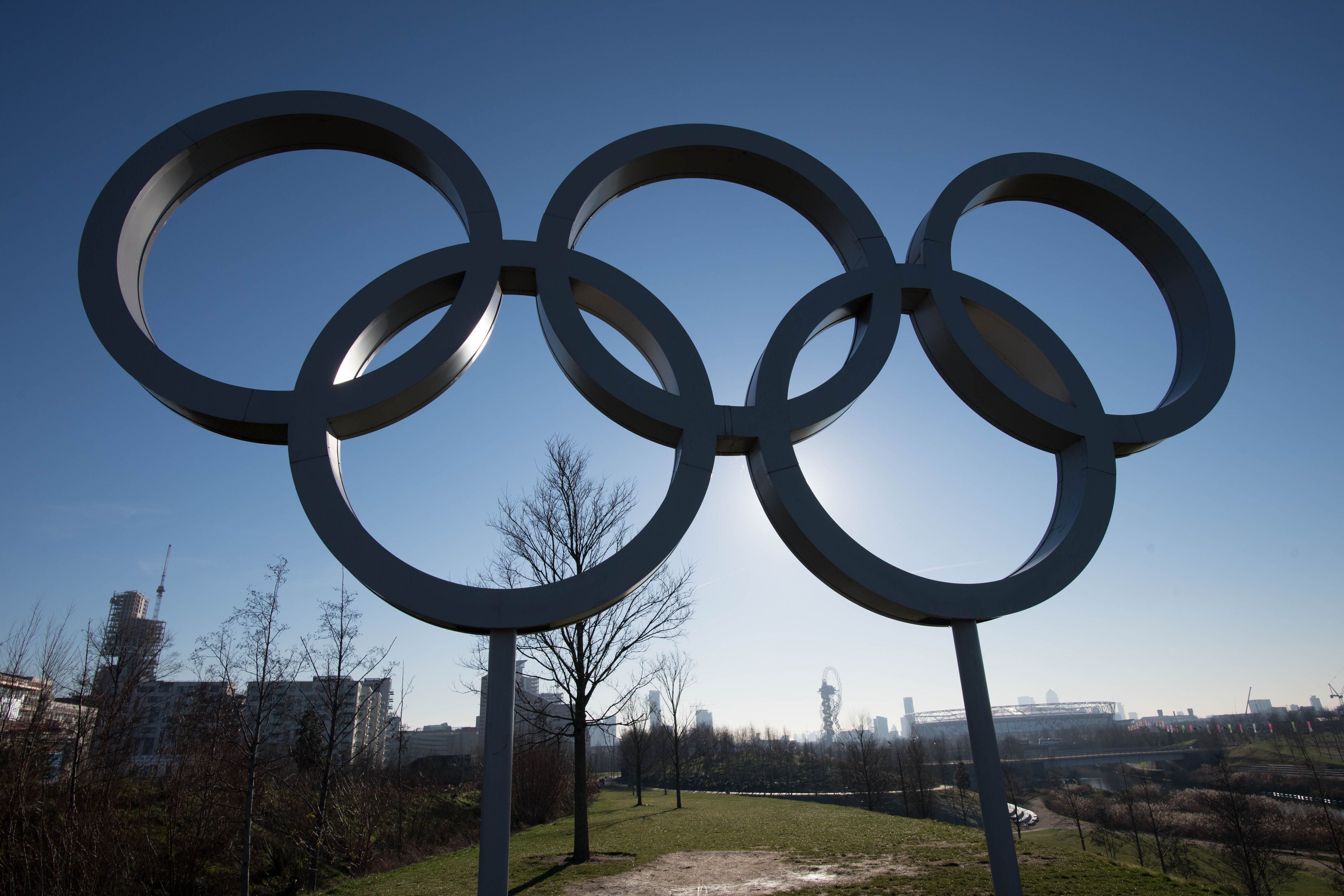2012 Olympic Games did not boost grassroots sports ‘as hoped’ – NAO
Ministers said the Games would leave a ‘lasting sporting legacy’.

Your support helps us to tell the story
From reproductive rights to climate change to Big Tech, The Independent is on the ground when the story is developing. Whether it's investigating the financials of Elon Musk's pro-Trump PAC or producing our latest documentary, 'The A Word', which shines a light on the American women fighting for reproductive rights, we know how important it is to parse out the facts from the messaging.
At such a critical moment in US history, we need reporters on the ground. Your donation allows us to keep sending journalists to speak to both sides of the story.
The Independent is trusted by Americans across the entire political spectrum. And unlike many other quality news outlets, we choose not to lock Americans out of our reporting and analysis with paywalls. We believe quality journalism should be available to everyone, paid for by those who can afford it.
Your support makes all the difference.The London 2012 Olympics and Paralympic Games did not boost participation in grassroots sports as was “hoped for at the time”, according to the National Audit Office (NAO).
Government commitment to the legacy of the games “waned” by 2016, according to a new NAO report.
The 2005 bid for the Games committed to deliver a “lasting sporting legacy”.
But the latest NAO report states that the proportion of adults participating in sport declined in the three years following the Games and “government attention to legacy had waned by 2016”.
The proportion of adults participating in sport declined in the three years following the London 2012 Olympic and Paralympic Games and government attention to legacy had waned by 2016
The authors noted that participation rates increased modestly between 2016 and 2019, but progress with specific less active groups was “mixed”.
But this progress was “lost” in the Covid-19 pandemic, they said.
The authors noted that the pandemic was “highly disruptive” for sport and physical activity and the percentage of adults who were active fell to 61.4% in the year to November 2021.
But they highlighted that the pandemic did lead to some people finding new ways to exercise, particularly when they were allowed out only to exercise during the initial lockdown.
Grassroots participation in sport did not receive the post-London Olympics and Paralympics boost hoped for at the time
The authors concluded that more must be done to reach certain groups who are more likely to be inactive.
“The Department has made mixed progress towards its objectives of increasing participation, tackling inactivity and reducing inequalities in activity levels,” the report authors concluded.
The NAO said that the Department of Culture Media and Sport (DCMS) has applied some lessons from the London 2012 Olympic and Paralympic Games to its approach to the 2022 Birmingham Commonwealth Games “but others have been missed”.
The authors also highlighted that community sport and physical activity brought an estimated contribution of £85.5 billion to England in 2017/18 in social and economic benefits, including £9.5 billion from improved physical and mental health.
Gareth Davies, the head of the NAO, said: “Grassroots participation in sport did not receive the post-London Olympics and Paralympics boost hoped for at the time.
“Since 2015 DCMS has refocused its approach on the benefits of sport and physical activity, targeting the inactive.
“Overall activity levels were gradually increasing before the pandemic but these gains were lost as facilities and clubs were disrupted. In recovering the position, DCMS should also tackle persistent inequalities in participation.”
Meg Hillier, chair of the Public Accounts Committee, added: “Government has failed to place in the medals with its London 2012 legacy to boost participation in grassroots sport and physical activity.
“The stop-start approach to participation initiatives did not build momentum following the Games – all made worse by the pandemic.
“The result of government’s efforts has been a real mixed bag, with greater participation among some groups but not others. Once again, it’s the less well-off who are missing out on the benefits of sport and physical activity.
“Building a proper legacy is a marathon, not a sprint, and government must ensure all parts of society can take part.”
A DCMS spokesperson said: “Hosting the world’s premier sporting events undoubtedly delivers long-lasting impact, inspiring future generations and delivering positive economic benefits for the whole country.
“The NAO has rightly acknowledged the work we have done to improve participation in sport and encourage more people to be active since London 2012, but we also recognise there is more to do especially as a result of the pandemic.
“We will continue to work with Sport England to drive up participation, particularly for underrepresented groups, and will publish our revised sports strategy in the coming months.”
A Sport England spokesperson added: “We welcome the NAO’s recognition that activity levels and participation in sport were on the rise before the pandemic, and that the last few years have been highly disruptive to this progress.
“Our current strategy, Uniting the Movement, takes a long-term approach to many of the challenges set out in the report, including reducing inactivity and tackling the deep-rooted inequalities that prevent people living more active lives.
“As the report says, achieving behaviour change at a national level takes time but we are committed to meeting the goals in our strategy and working closely with the whole of government as we do so.”